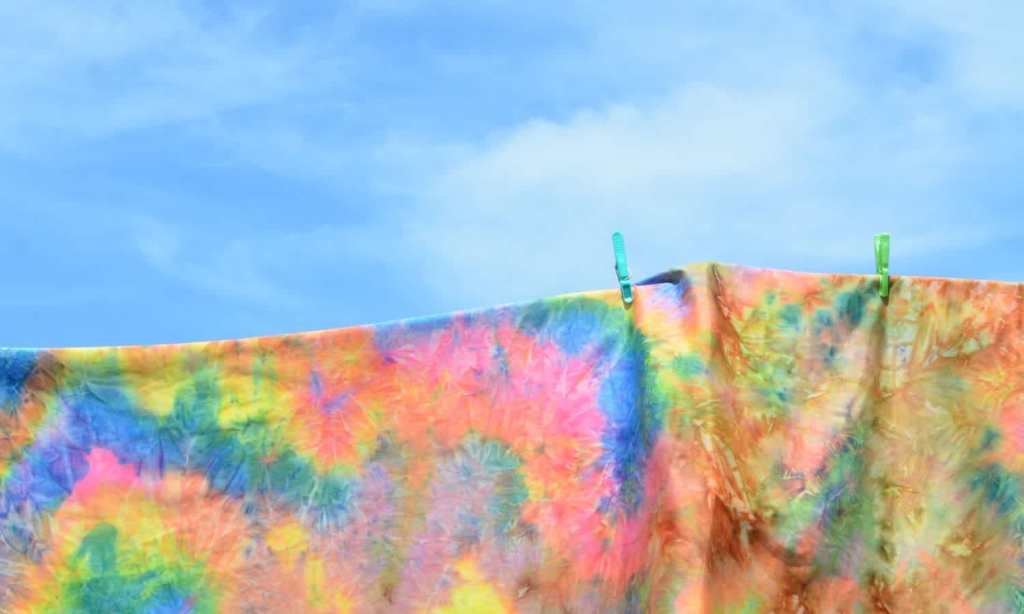One in five Australians experience a mental illness in any year, according to Black Dog Institute. 45% of us will experience it within our lifetime.
If you’re one of those people – or if you know one of those people – then you know there’s a number of ways to treat and cope with mental illness. Therapy, counselling, psychiatric help, pharmaceuticals, supplements, meditation, yoga, journaling, even keeping up a routine.
Medicinal cannabis is another form of treatment and has been legalised for medicinal use since 2016. In fact, its use is now so widespread that researchers projected that by the end of 2020, it’d have 70,000 approvals for prescriptions.
The newest (potential) kid on the block? Plant-based psychedelics.
These include magic mushrooms, ayahuasca, the North, Central and South American peyote and the San Pedro cacti (they both contain psychoactive compound mescaline) and LSD.
According to researchers from Western Sydney University and the University of Melbourne, these psychedelic compounds could be a “game-changer” in the treatment of mental health.
They’re not dissimilar to traditional antidepressants in terms of the way they work. Psychedelics affect chemical pathways in the brain involving serotonin (you know, that happy hormone that some of us lack). In addition to this, they’ve also got anti-inflammatory benefits.
Used in a therapeutic application, psychedelics can potentially treat depression, substance or alcohol addiction, heal trauma, and assist in addressing end-of-life anxiety.
To figure out just how effective they are, the aforementioned researchers conducted the first ‘meta-analysis’ – essentially, they pooled data from clinical trials for analysis.
They evaluated 12 eligible studies that looked at “the clinical effects of classic serotonergic psychedelics vs placebo for mood state and symptoms of depression in both healthy and clinical populations (separately).”
What did they find? Well, that in comparison to a placebo, “medicinal psychedelics have a statistically significantly superior effect on improving negative mood outcomes and symptoms of depression over the short-term and longer-term for patients with a mood disorder.”
If you’re wondering what constitutes as short-term and longer-term, you’re looking at three hours to a day for the former, and 16-60 days for the latter.
Ayahuasca – you know, the one you saw the characters dabble in on the show Younger – may be of benefit in treating depression as well as substance/alcohol addiction and abuse, according to “compelling data“.
If you’re wondering exactly what the compelling data is, buckle up. Around 65% of respondents reported drinking alcohol less frequently after the first time they consumed ayahuasca. Of 708 individuals who identified as having an alcohol problem, 89% of them reported they were either ‘much improved’ or ‘completely resolved’ as a result of ayahuasca consumption.
Those with depression who underwent the same ayahuasca consumption? Out of 1,571 participants, 78% reported that their depression was either ‘very much’ improved, or even ‘completely resolved’. There’s still a way to go yet – the safety and efficacy of these psychedelic compounds need to be proven by further robust research – but for now, the research is promising.
Related: Mike Tyson Says Psychedelics Are Life Savers and Australian Researchers Agree
Related: New Research Paints A Psychedelic Vision for Saving the World and Ourselves







